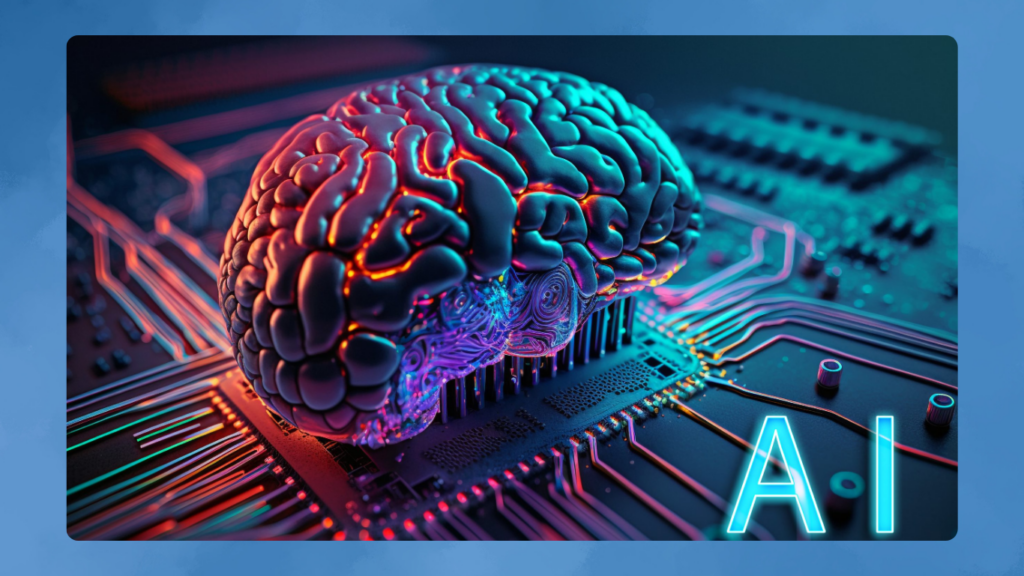AI technology is poised to disrupt 40% of all jobs by the end of the decade, with its influence on smartphones potentially being even more significant. According to technology market analyst firm Canalys, more than half of the world’s phones are expected to incorporate artificial intelligence within the next four years.

This week, Samsung committed to integrating AI features into 200 million smart devices by the end of the year. TM Roh, President of Samsung Electronics, underscored the importance of AI, declaring, “Internally last year, I proclaimed to the entire (mobile) business that we are no longer a smartphone business, we are an AI company, so we’re going to focus all efforts around AI.”
At its Paris event, Samsung introduced several AI features for upcoming smartphones and wearable devices. These include tools for composing emails and text messages, recreating photos, and summarizing, transcribing, and translating text. Samsung’s AI capabilities, like analyzing text conversations to suggest personalized responses, are part of a broader industry trend towards more anticipatory and suggestive AI.

However, the rapid development of AI raises several concerns. Experts warn of significant risks, such as consumer privacy, data security, and transparency issues. Without proper regulation and education, users may have to rely on tech firms to act responsibly. Lucia Russo, an OECD digital economy policy analyst, highlighted the need for effective regulation, which must balance innovation with risk mitigation. “In the same way tech leaders come together to ensure the best user experience for products, it’s important for regulation to operate on mutual understanding,” she said.
Consumer concerns primarily focus on privacy, data security, and understanding the transparency of AI technology. Samsung and Apple have sought to address these issues by enabling AI tasks to be processed on devices rather than over the internet. Roh noted that 55% of AI use in Samsung phones, excluding internet searches, happens on the devices themselves, a figure he finds promising.

Dr. Evie Kendal, a bioethicist at Swinburne University, predicts that many smartphone users may not actively manage their phone’s AI settings or understand where their data is stored. She emphasizes the importance of consumer education about generative AI tools, data usage, and personal information control. “People who are concerned about AI will be willing to do the extra work and go into the settings,” she said. “But part of the problem with some new technologies is they get rolled out in a way that normalizes them and makes them almost invisible, so people may not know their information is being used in different ways.”
For consumers eager to adopt AI features, understanding how data is stored and shared, who has access to personal information, and ensuring device security is crucial. Dr. Kendal advises, “You need to find out what you’re comfortable with, know how your data is being stored and shared, who has access to your personal information, and make sure you’re comfortable with the security of the device you’re buying.”
Samsung is not the only company integrating AI into its products. Google plans to showcase its AI advancements, Android software, and Pixel devices on August 13. Meanwhile, Apple announced new AI software and a partnership with OpenAI in June, with updated features expected to launch in September. These updates include a more intelligent Siri and advanced writing tools, aiming to provide a more personalized user experience.
Qualcomm’s senior vice president, Don McGuire, emphasized the importance of proactive AI, stating, “In order for AI to be really useful for people … AI has to become more suggestive and anticipatory.” This proactive approach aims to make AI technology more invaluable to smartphone users.
Education about generative AI tools should be a priority for policymakers and consumers alike to ensure informed and secure use of emerging technologies.
The reporter attended the event in France as a guest of Samsung Australia.

Subtly charming pop culture geek. Amateur analyst. Freelance tv buff. Coffee lover
